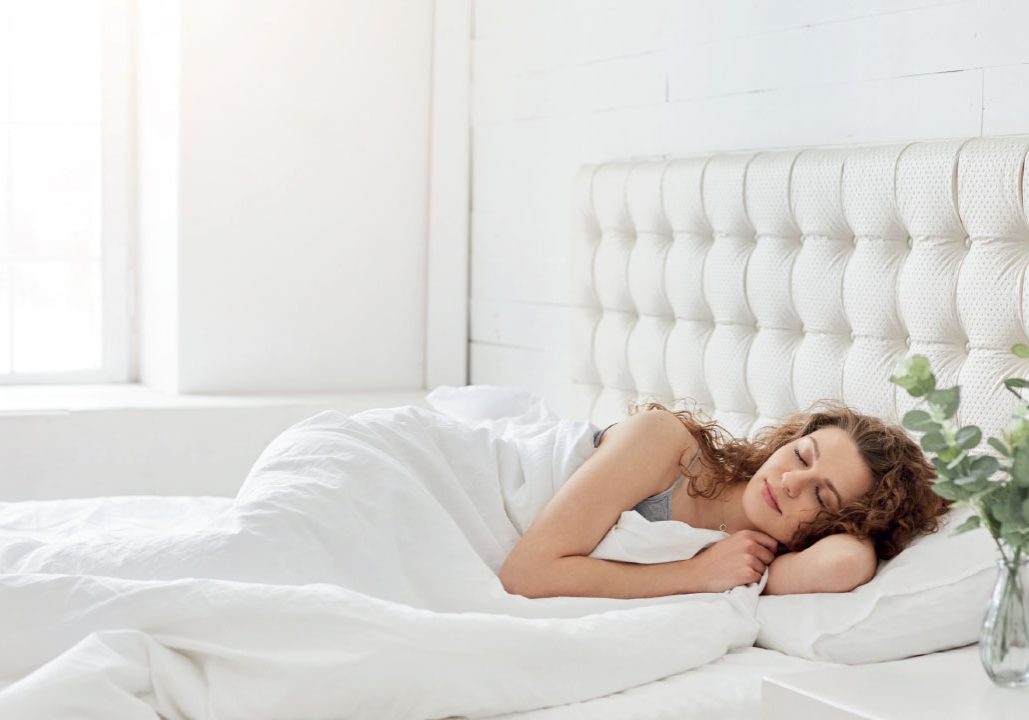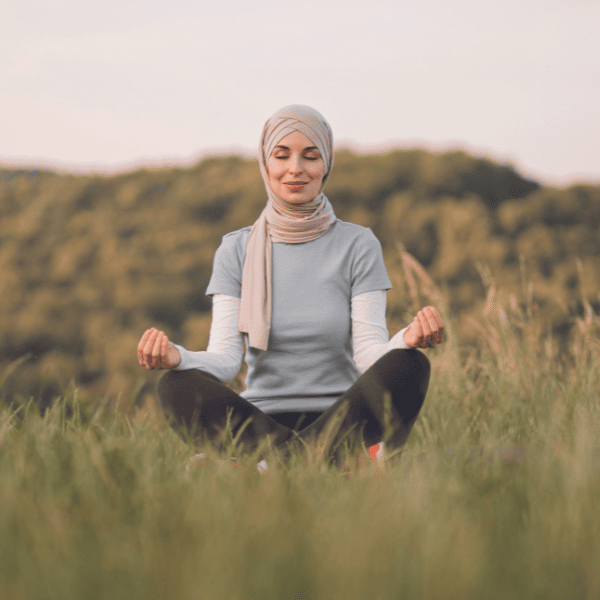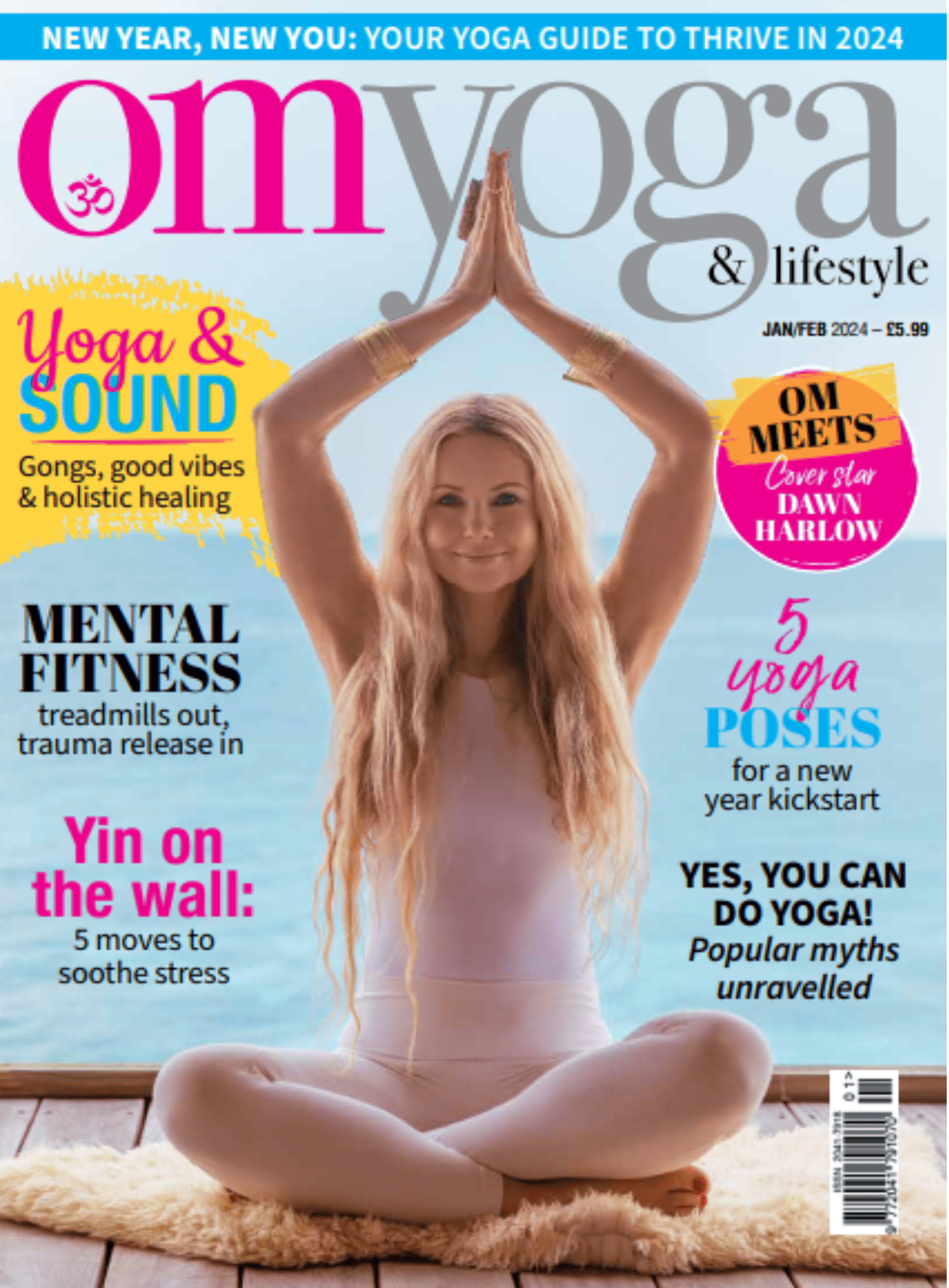
Unlocking the Power of Deep Sleep
Discover the transformative potential of deep sleep and embrace a restful life, your gateway to anxiety reduction. By Karina Price
Reading time: 4 minutes
As a solution-focused hypnotherapist and anxiety specialist, I have witnessed the profound impact that quality sleep can have on our mental wellbeing. Here, we'll explore the connection between sleep and anxiety, the importance of REM sleep, and practical tips for improving your sleep hygiene. Together, let's unlock the key to restful nights and awaken to brighter, anxiety-free days.
The link between sleep and anxiety
Anxiety and sleep are closely intertwined, with each significantly influencing the other. Let's delve deeper into this intricate relationship.
Anxiety can greatly disrupt our sleep patterns. When we experience anxiety, our minds can become flooded with worrisome thoughts, racing ideas and a constant sense of unease. These anxious thoughts often persist into the night, making it challenging to fall asleep or stay asleep. This can result in insomnia, fragmented sleep, or difficulty getting back to sleep after waking up during the night.
On the other hand, lack of quality sleep can exacerbate anxiety. When we're sleep-deprived, our emotional regulation and coping mechanisms become compromised. We may find ourselves more sensitive to stressors, irritable and prone to heightened anxiety responses. Additionally, fatigue and exhaustion can further hinder our ability to manage anxious thoughts effectively.
The relationship between anxiety and sleep becomes a vicious cycle. Anxiety disrupts our sleep and insufficient sleep intensifies our anxiety. Breaking this cycle is crucial for maintaining good mental health and wellbeing.
REM (Rapid Eye Movement) sleep is a crucial stage of our sleep cycle, during which our subconscious mind processes emotions, memories and experiences. This processing helps to regulate our emotional responses, reducing stress and anxiety. By optimising our REM sleep, we can unlock the potential for profound emotional healing.
So, how can we address anxiety to promote better sleep? Here are some strategies:
Reframe negative thoughts: Challenge and reevaluate negative thoughts that fuel anxiety and sleep issues. Negative thinking can trigger the release of the stress hormone cortisol, leading to sleep disturbances. By questioning the validity of these thoughts and seeking a more balanced perspective, you can lower stress and anxiety, ultimately improving your sleep quality.
Cultivate gratitude: Incorporate gratitude practices into your daily life. Before sleep, reflect on three things you are grateful for. Focusing on positive aspects can shift your mindset and help you cultivate a sense of peace and contentment, making it easier to relax and fall asleep. Remember: we can’t have a negative and a positive thought at the same time, so this is a powerful way to shift your mood.
Engage in positive activities: Fill your day with activities that bring you joy and fulfilment. Engaging in positive experiences releases serotonin, a neurotransmitter that acts as a precursor to melatonin, the sleep hormone. By increasing serotonin levels through positive activities, you enhance the natural sleep-inducing processes in your body. Yep. it’s time to have more fun!
“Sleep is the golden chain that ties health and our bodies together”
Establish a relaxing bedtime routine: Engage in calming activities before bed to signal to your mind and body that it's time to unwind. This could include reading a book, taking a warm bath, or practicing relaxation techniques such as progressive muscle relaxation or guided meditation.
Create a sleep-friendly environment: Make your bedroom a sanctuary of tranquillity. Ensure the room is dark, quiet and at a comfortable temperature. Consider using blackout curtains, earplugs, or a white noise machine to block out disturbances.
Practice stress management techniques: Incorporate stress reduction practices into your daily routine, such as mindfulness meditation, deep breathing exercises, or gentle yoga. These techniques can help calm the mind and prepare it for restful sleep.
Limit stimulants: Avoid consuming caffeine, nicotine and alcohol close to bedtime. These substances can interfere with sleep quality and exacerbate anxiety symptoms.
Engage in regular physical activity: Regular exercise has been shown to reduce anxiety and improve sleep. Find physical activities you enjoy and aim for at least 30 minutes of moderate intensity exercise most days of the week. However, avoid intense workouts close to bedtime as they can stimulate the body and make it harder to wind down.
Hypnosis: Hypnosis tracks designed for sleep can help calm the mind and relax the body, making it easier to fall asleep and enjoy a more restful night. This is a soothing way to help our busy mind to slow down and relax.
Seek professional help: If anxiety is significantly impacting your sleep and overall wellbeing, consider seeking support from a qualified mental health professional. They can provide guidance, therapy, or recommend appropriate interventions to address your specific needs.
Remember, the road to better sleep and reduced anxiety may take time and experimentation. Be patient with yourself and celebrate small victories along the way. By prioritising self-care, adopting healthy sleep habits, and addressing anxiety, you can gradually restore harmony between your mind, body and restful sleep.
Karina Price is a solution-focused hypnotherapist, anxiety specialist and a qualified yoga teacher offering a holistic approach to mental and emotional wellbeing. Visit: karinapricehypnotherapy.co.uk.





